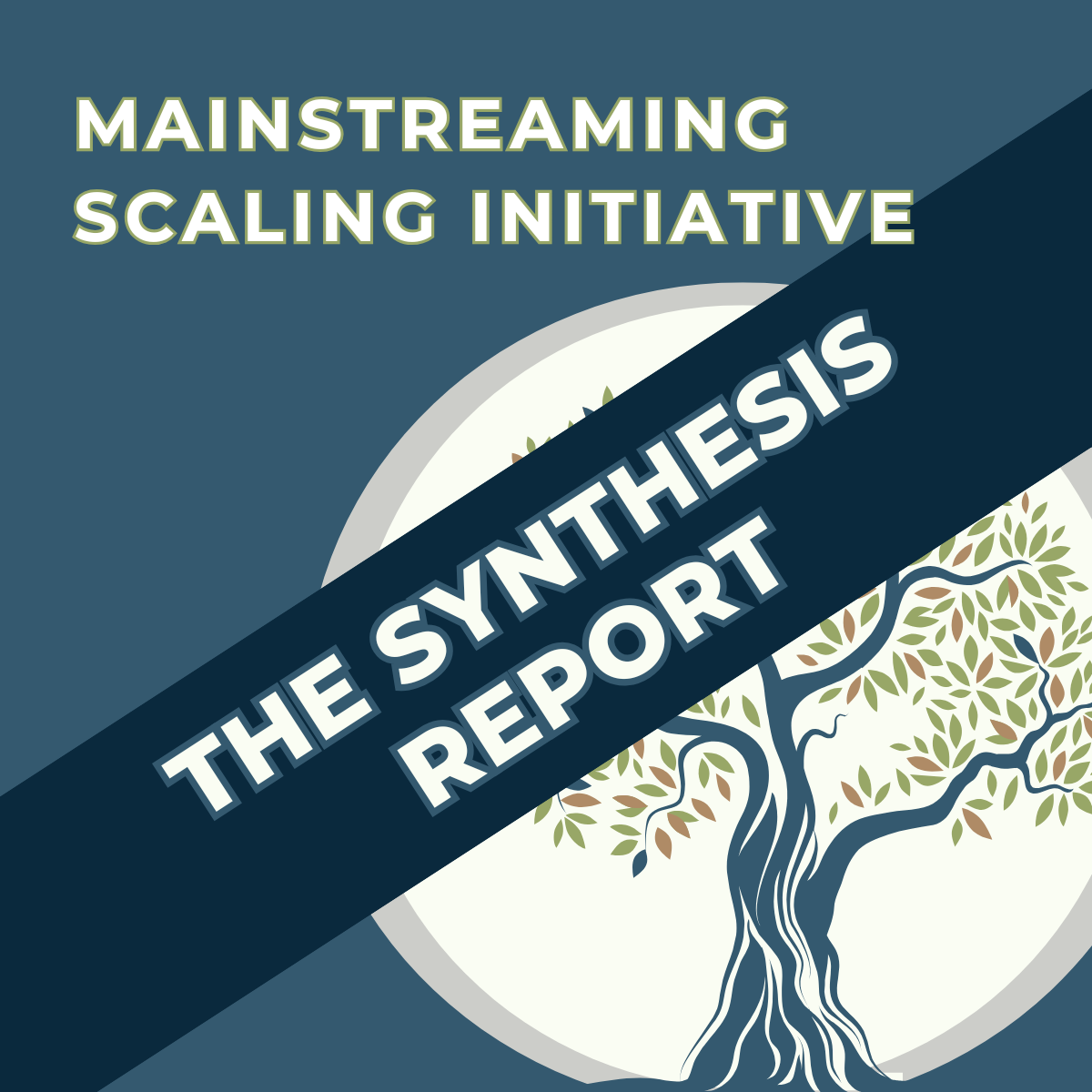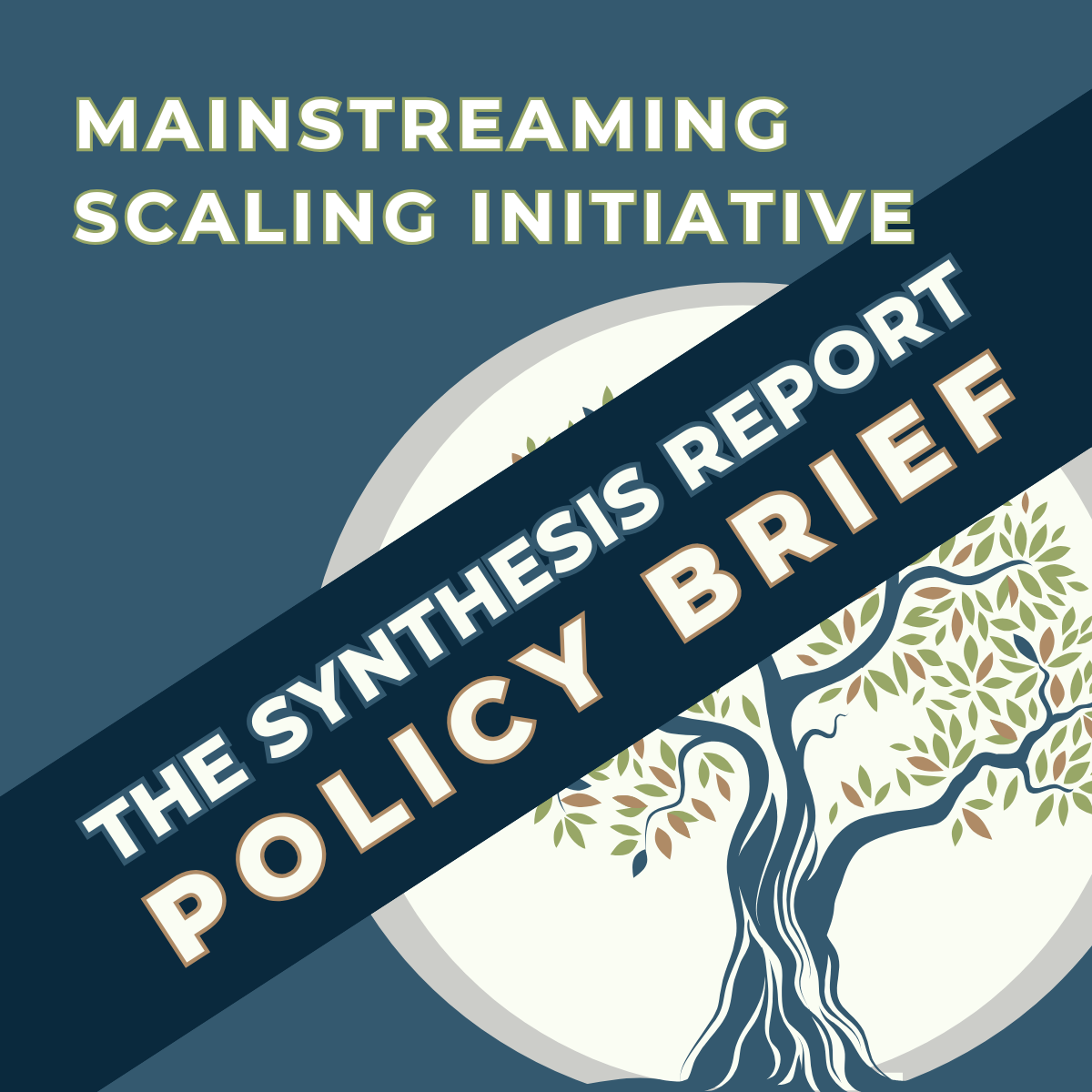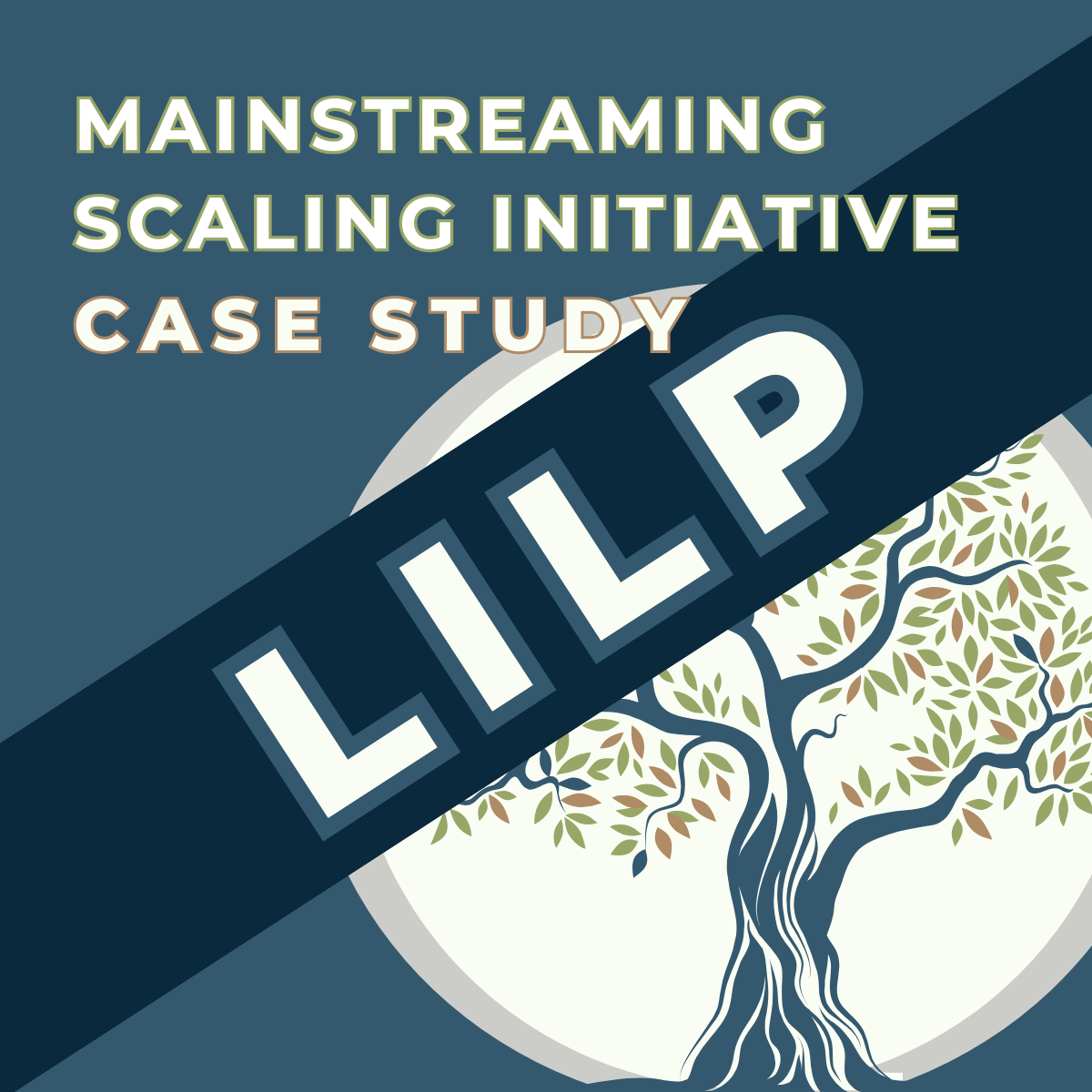This hybrid event – co-hosted by AFD and the SCoP – brought together leaders in international development and representatives from public development banks. They discussed the role of public development banks in reshaping the development investment architecture ahead of the Financing for Development 4th conference. The event featured strong calls to action to support scaling the AFD and the OECD-DAC. However, it also acknowledged the practical limitations faced by many actors in the field, including their own internal bureaucratic processes, mindsets, incentives, and domestic politics. We have five key takeaways:
- Scaling is a systemic transformation, not just a funding increase. It’s about creating the enabling conditions — in a coordinated way — for investments that match the scale of the needs, and for generating lasting impact.
- Scaling requires the development and application of a proven methodology rooted in local contexts. It needs a realistic vision of the intended scale, co-construction with governments, local capacity building, and progressive mobilization of funders.
- Public Development Banks can be catalysts for scale. They can leverage domestic savings, act as market enablers, and help reduce perceived risks.
- Projectization must end for scaling to succeed. The weaknesses of discrete projects have been known for decades, but organizational bureaucracies and incentives cause this structure to persist. A total reimagining of how funding is structured will be needed to support scaling.
- There is a global momentum. FfD4 and global funding cuts mean that this is the right moment for public development banks to step into the forefront and become leaders in supporting scalable solutions to today’s global problems.


